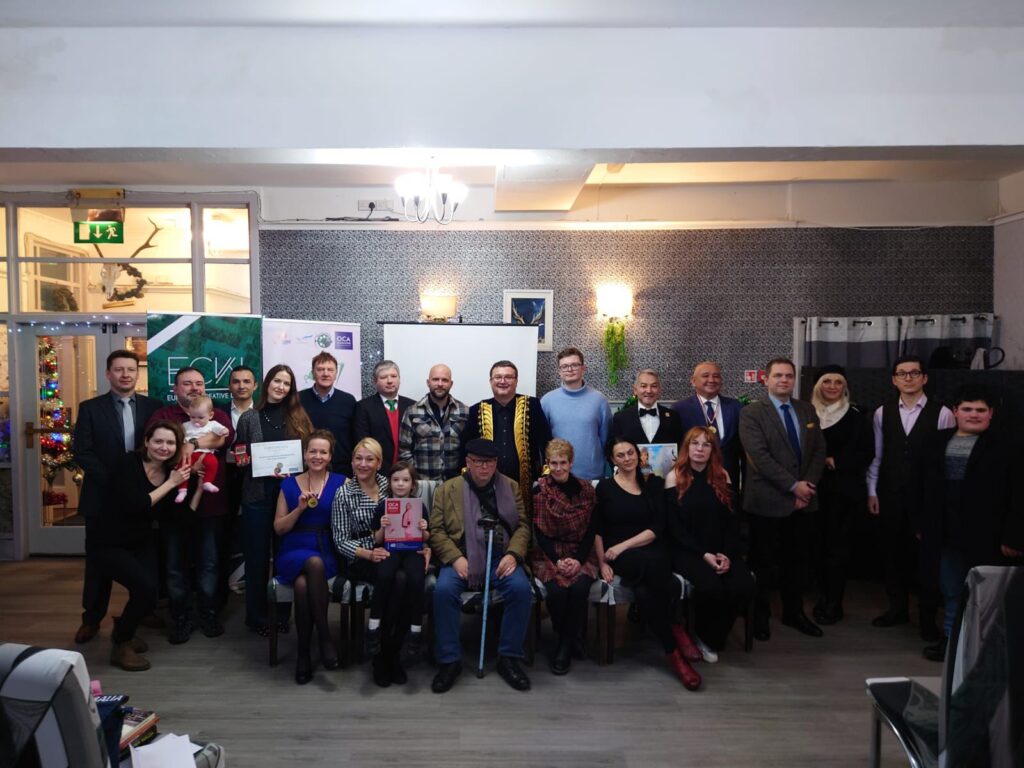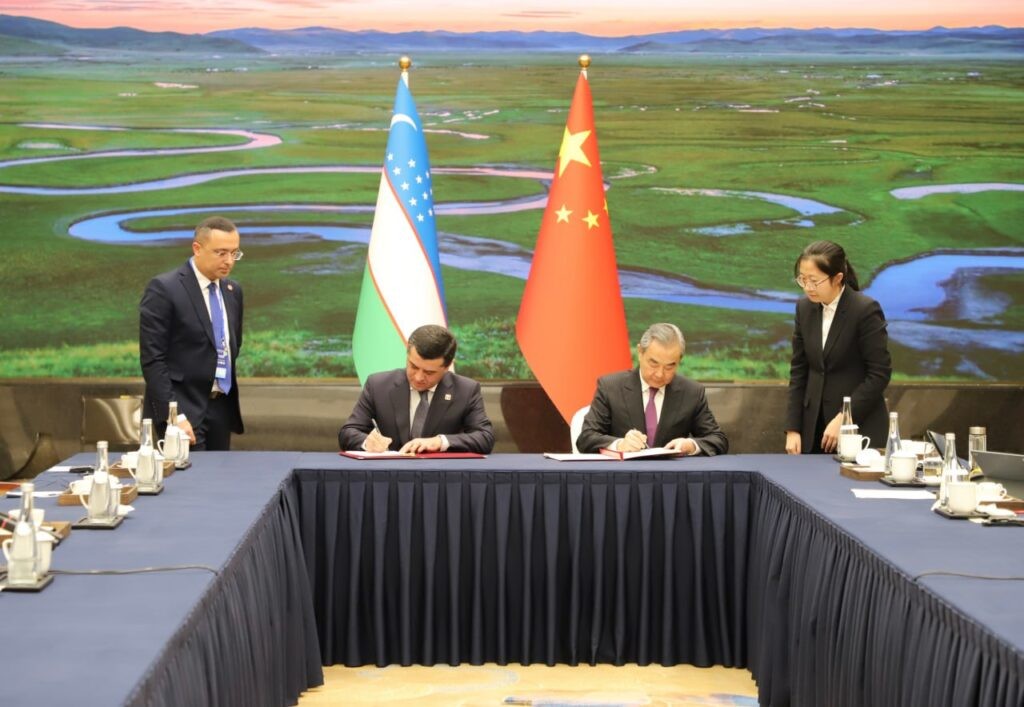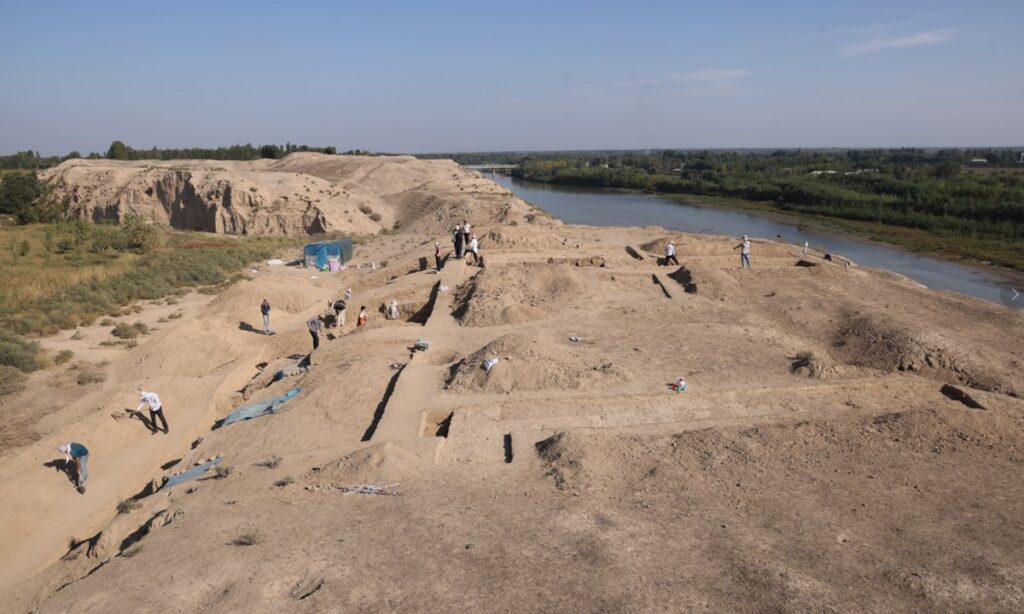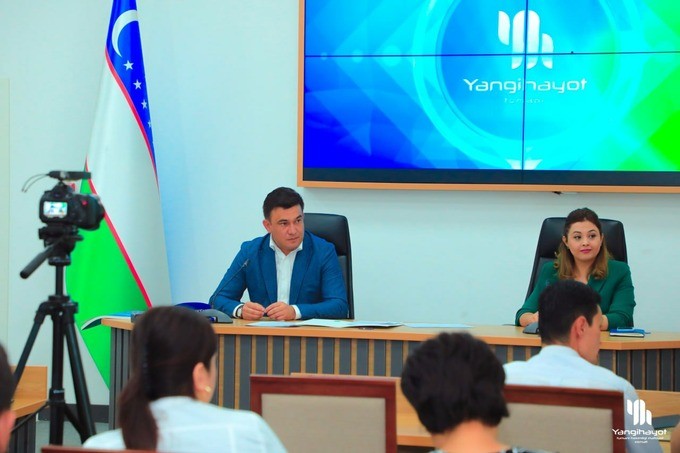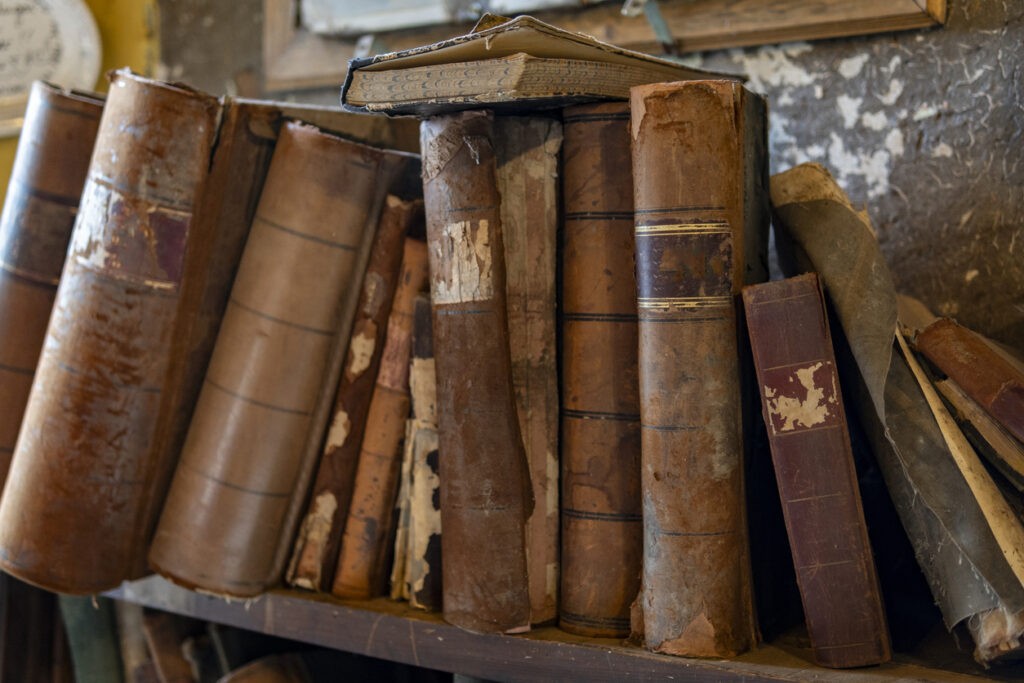Eurasian Creative Week in Scotland Celebrates International Art, Literature, and Cultural Exchange
The XIII Eurasian Creative Week took place in Greenock, Scotland, from November 28 to 30, 2024, drawing artists, writers, poets, and diplomats from 15 countries, including Kazakhstan, Russia, and Canada. Hosted at the Beacon Arts Centre, the event kicked off with the presentation of artwork from the renowned collection The Great Steppe Treasure, featuring creators such as Maria Muchinskaya and Larisa Pak. Attendees also enjoyed video messages from notable writers and public figures, fostering a spirit of collaboration and dialogue. The evening spotlighted author Alexander Kazarnovsky, who captivated the audience with readings from his acclaimed novel, War will show the plan. Continuing on November 29 at the OYO Gin House Hotel, the festival’s literary program showcased key publications by Hertfordshire Press, including Viktor Slipenchuk’s Zinziver. A highlight was the screening of an AI-created film based on Slipenchuk’s poem Chingis-Khan, which sparked discussions on historical and modern leadership. Meanwhile, OCA Magazine unveiled its special issue celebrating Uzbekistan’s vibrant Jizzakh region and key cultural figures. The day culminated in an award ceremony recognizing influential contributors, with honors like the Jonathan Fryer Medal and the Barbara Yurkowska-Nawrocka Medal celebrating efforts in literature and creative exchange. Notable award winners included Timur Akhmedjanov for his charity comic book, Elish and the Wicker Tale, and Marina Alyassova for her psychological fairy tales, Wise Tales for Children and Adults. Other honorees, such as Tajikistan’s Gulsifat Shahidi and Kazakhstan’s Alikhan Zhaksylyk, were recognized for their contributions to romance stories and innovative novels. A gala reception featured traditional dishes and a keynote speech emphasizing the importance of fostering international ties. The festival concluded on November 30 with a visit to the Watt Institution Museum, offering participants a glimpse into Scottish cultural heritage. Throughout the week, exhibits of national art and literature from countries like Uzbekistan and Kyrgyzstan exemplified Eurasia’s cultural diversity and creative potential. The XIII Eurasian Creative Week reaffirmed its role in strengthening international cultural collaboration.
